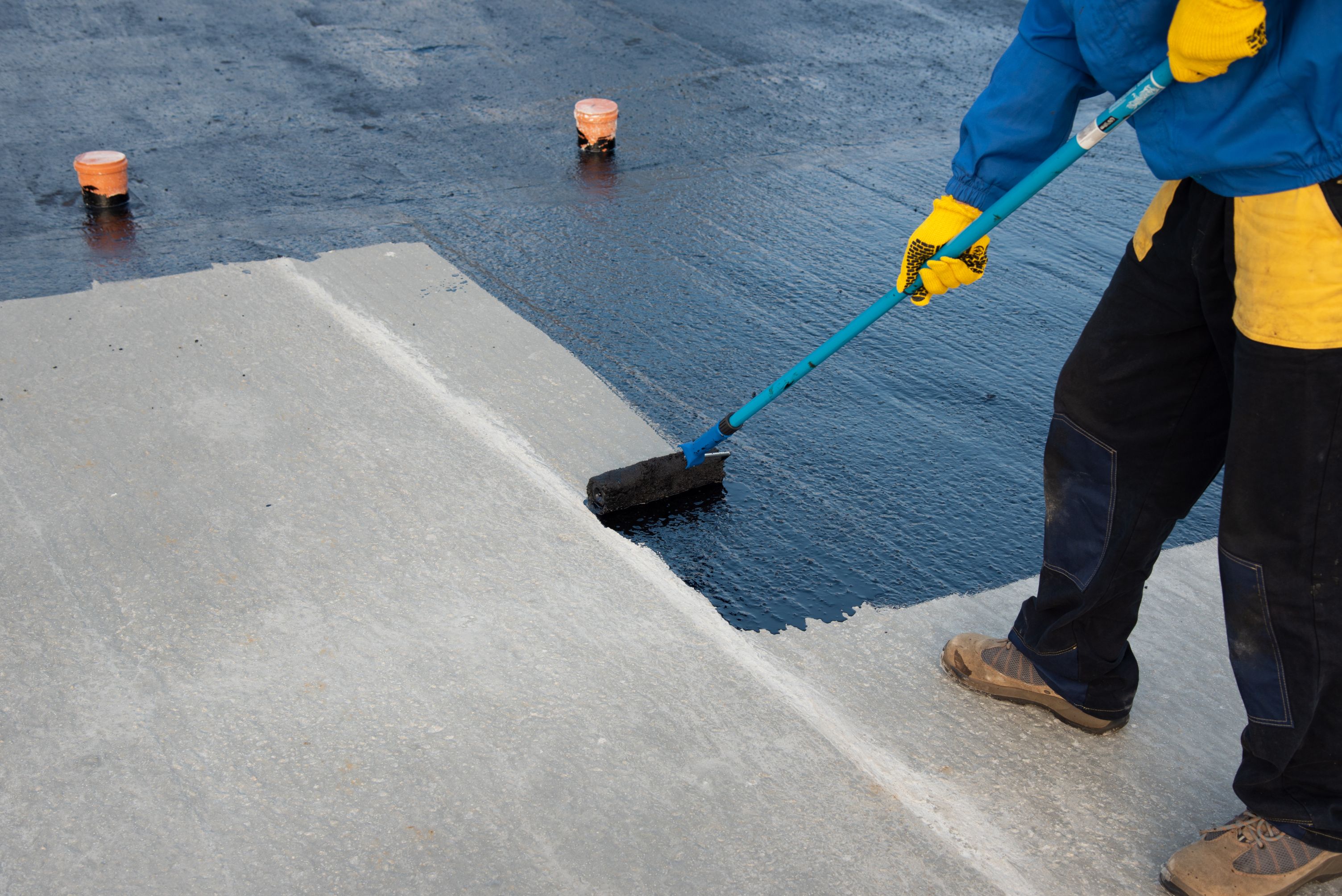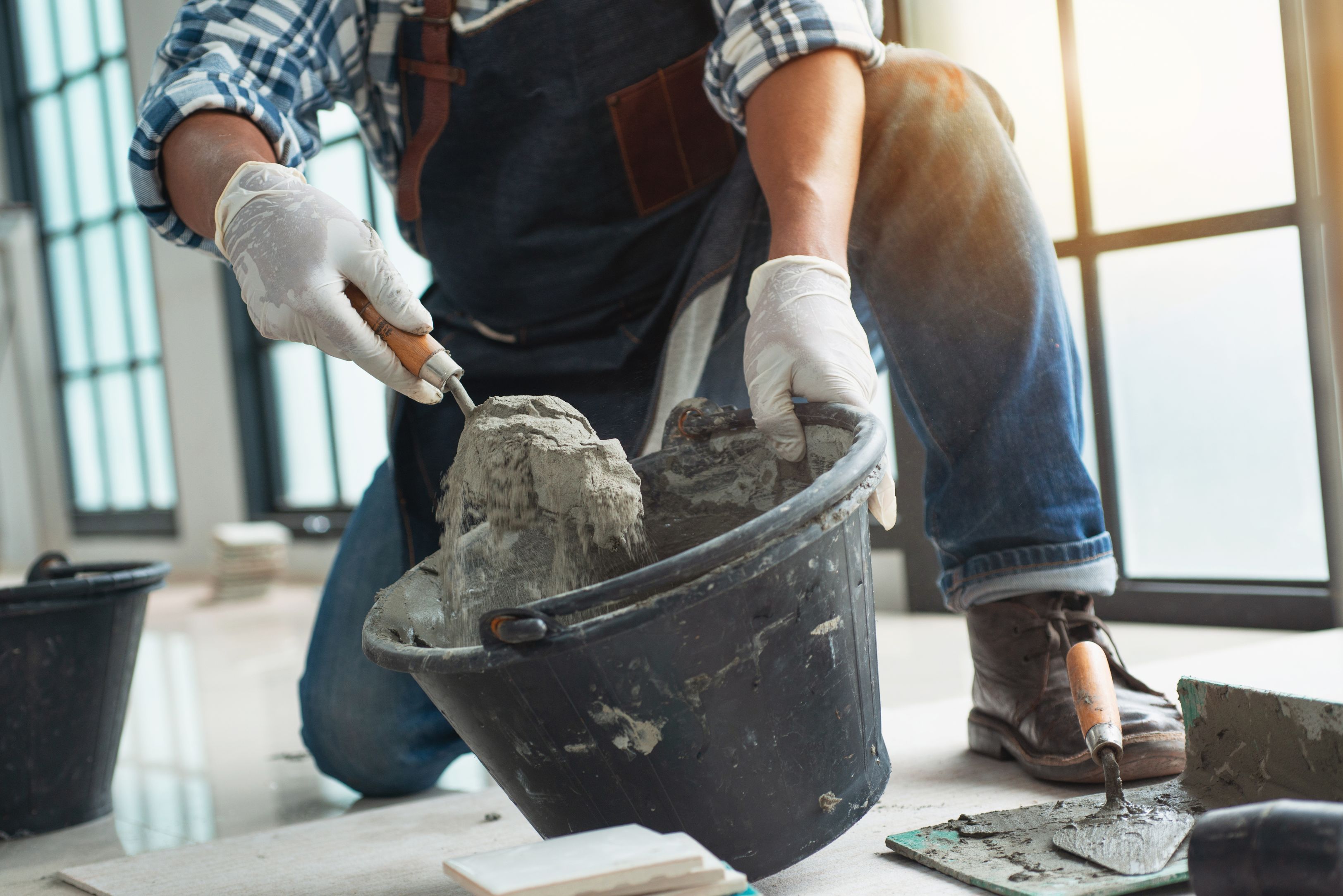Construction chemicals play a crucial role in repairs and waterproofing, offering effective solutions to enhance the durability, strength, and protection of structures against moisture and other damaging factors. Read about Waterproofing Solutions, Wall Waterproofing, Roof Waterproofing, and Moisture Meter.
What are Construction Chemicals?
Construction chemicals are specialized substances used in the construction industry to improve the performance, durability, and workability of various materials. They encompass a wide range of products for repairs, enhancements, and protection.
Importance of Construction Chemicals in Repairs and Waterproofing
Construction chemicals are essential in repairs and waterproofing as they help address structural issues, prevent water infiltration, enhance the lifespan of buildings, and ensure the integrity of concrete structures.
Types of Construction Chemicals
Construction chemicals include various types of products, such as concrete admixtures, plasticizers, superplasticizers, retarders, accelerators, waterproofing compounds, liquid waterproofing membranes, integral waterproofing compounds, bituminous coatings, and cementitious waterproofing compounds.
Concrete Admixtures:
Concrete admixtures are construction chemicals added to concrete during mixing to modify its properties, such as workability, strength, and durability.
Plasticizers:
Plasticizers are construction chemicals used to increase the workability and flexibility of concrete, making it easier to handle and mold.
Superplasticizers:
Superplasticizers are construction chemicals that significantly improve the flow and workability of concrete without compromising its strength.
Retarders:
Retarders are construction chemicals used to slow down the setting time of concrete, allowing for more extended workability and placement.
Accelerators:
Accelerators are construction chemicals that speed up the setting and curing process of concrete, particularly in cold weather conditions.
Waterproofing Compounds:
Waterproofing compounds are construction chemicals designed to protect structures from water infiltration, preventing damage caused by moisture.
Liquid Waterproofing Membranes:
Liquid waterproofing membranes are construction chemicals applied as a coating to create a seamless and watertight barrier on various surfaces.
Integral Waterproofing Compounds:
Integral waterproofing compounds are construction chemicals added to concrete mixtures to enhance their water resistance and reduce the risk of water penetration.
Bituminous Coatings:
Bituminous coatings are waterproofing chemicals that contain bitumen, providing excellent protection against water and moisture on surfaces like roofs or foundations.

Cementitious Waterproofing Compounds:
Cementitious waterproofing compounds are construction chemicals mixed with cement to form a waterproof layer, effectively preventing water seepage in structures.
Common Repair Applications of Construction Chemicals
Crack Repair
Construction chemicals are used to effectively repair and seal cracks in concrete structures, ensuring structural integrity.
Spalling and Delamination Repair
Construction chemicals aid in repairing and preventing spalling and delamination, restoring the surface and preventing further damage.
Surface Protection and Restoration
Construction chemicals provide surface protection and aid in the restoration of deteriorated structures, preserving their aesthetics and functionality.
Benefits of Using Construction Chemicals for Repairs and Waterproofing
Utilizing construction chemicals, including waterproofing materials and chemicals, offers benefits such as improved structural integrity, prevention of water ingress and damage, and increased durability and lifespan of structures.
Improved Structural Integrity
Construction chemicals, including waterproofing chemicals and waterproof cement, enhance the structural integrity of buildings, preventing potential issues and ensuring stability.
Prevention of Water Ingress and Damage
Using construction chemicals, including waterproofing chemicals and waterproofing materials, helps prevent water ingress and subsequent damage to structures.
Increased Durability and Lifespan of Structures
Construction chemicals, including waterproofing chemicals and waterproofing chemicals for roofs, contribute to increased durability and lifespan of structures by protecting them from moisture and other environmental factors.
Factors to Consider when Choosing Construction Chemicals
Performance and Suitability
Evaluate how well the construction chemicals, including waterproofing materials and chemicals, perform and suit the specific project requirements.
Environmental Impact and Sustainability
Consider the environmental impact and sustainability aspects of the chosen construction chemicals, including waterproofing chemicals and waterproof cement.
Application Requirements and Ease of Use
Ensure that the construction chemicals, including waterproofing materials and chemicals, meet the application requirements and are easy to use.
Durability and Longevity
Choose construction chemicals, including waterproofing chemicals and waterproofing chemicals for roofs, that offer durability and long-lasting protection for structures.
Cost-Effectiveness and Value for Money
Evaluate the cost-effectiveness and value for money of the selected construction chemicals, including waterproofing materials and chemicals.
Conclusion
When choosing construction chemicals, including waterproofing materials and chemicals, it is important to consider factors such as performance, suitability, environmental impact, application requirements, durability, and cost-effectiveness. Assessing these factors ensures the right selection of construction chemicals that provide effective and sustainable solutions while meeting project needs and budget considerations.
FAQs
How do construction chemicals ensure effective waterproofing?
Construction chemicals ensure effective waterproofing by forming a protective barrier, sealing cracks, and enhancing the water resistance of structures and surfaces.
Are construction chemicals safe to use? Do they have any health hazards?
Construction chemicals can have health hazards if not handled properly. It’s important to follow safety guidelines and use appropriate protective equipment when working with them.
Can construction chemicals be used for both residential and commercial buildings?
Yes, construction chemicals can be used for both residential and commercial buildings, as their applications and benefits are applicable to various types of structures.
Can construction chemicals be applied to both new and existing structures?
Yes, construction chemicals can be applied to both new and existing structures, as they offer solutions for various construction stages and repair scenarios.
How do construction chemicals enhance the durability of structures?
Construction chemicals enhance the durability of structures by improving their strength, corrosion resistance, waterproofing capabilities, and protection against environmental factors like moisture, chemicals, and UV radiation.


 Get in Touch
Get in Touch
